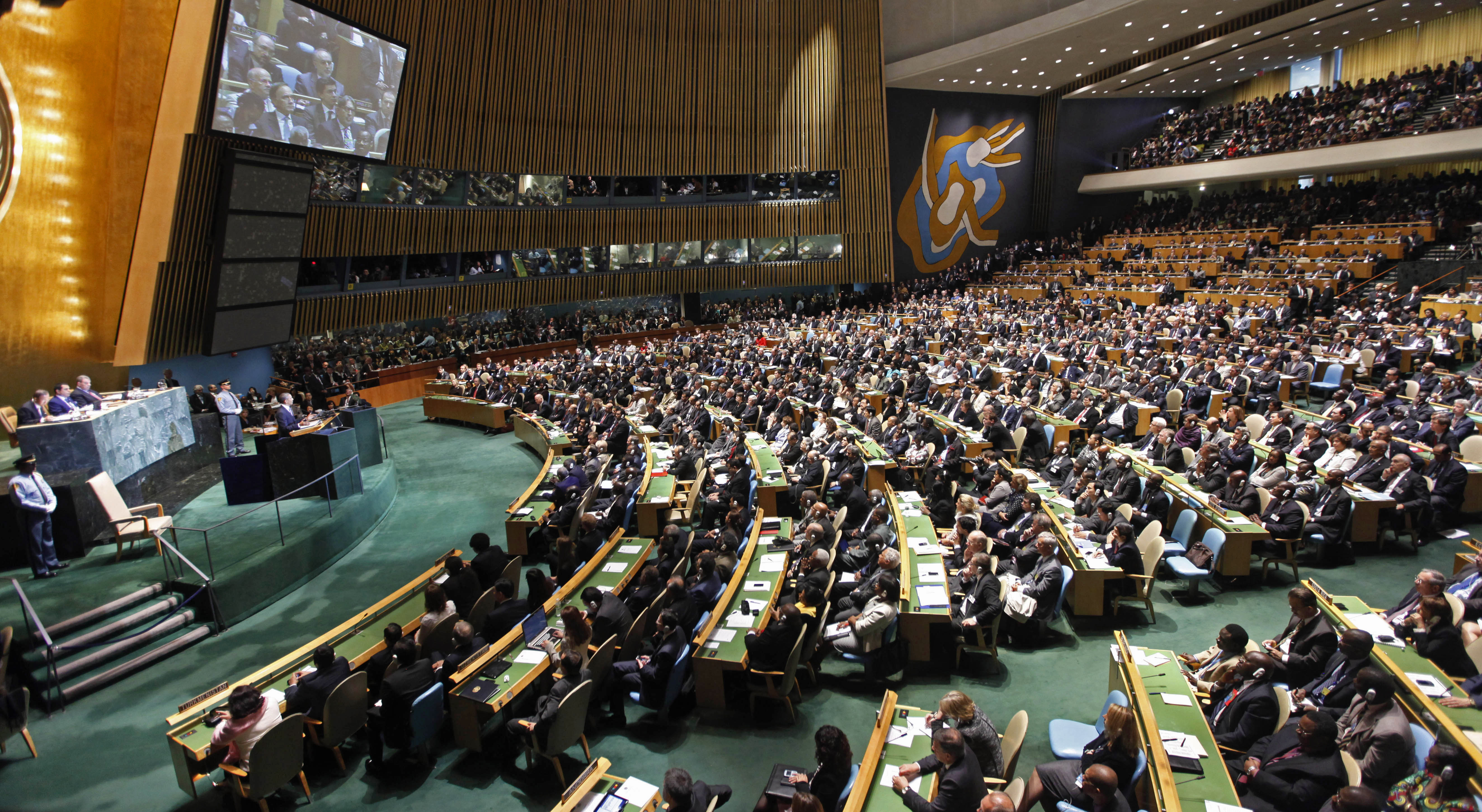Meeting on the LDC Subgroup on issues related to the criteria review, a new and improved programme of action for LDC support and launch and training on Gradjet.
Committee for Development Policy (CDP)

CDP Secretariat presented results of the CDPs analysis of the VNRS

Mission to Bangladesh to assess the possible impact of the countries’ graduation from the LDC category

The discussion took stock of the challenges and opportunities posed by the fourth industrial revolution

CDP member participated in GA event sharing accounts of how agricultural statistics saves lives

The interview explains the LDC category and what it takes for an LDC to graduate; which challenges an LDC faces on the road to graduation; and how the international community can support those graduating LDCs

ECOSOC took note of the CDP work and endorsed the CDP's graduation recommendations

One of the most important elements of the 2030 Agenda and the SDGs is the strong commitment to inclusive development, and leaving no one behind has emerged as a central theme of the agenda. How did this consensus come about? And what does this term mean and how is it being interpreted? This matters because the influence of SDGs on policy and action of governments and stakeholders in development operates through discourse. So the language used in formulating the UN Agenda is a terrain of active contestation. This paper aims to explain the politics that led to this term as a core theme. It argues that LNOB was promoted to frame the SDG inequality agenda as inclusive development, focusing on the exclusion of marginalized and vulnerable groups from social opportunities, deflecting attention from the core issues of distribution of income and wealth, and the challenge of extreme inequality. The term is adequately vague so as to accommodate wide ranging interpretations. Through a content analysis of LNOB in 43 VNRs, the paper finds that the majority of country strategies identify LNOB as priority to the very poor, and identify it with a strategy for social protection. This narrow interpretation does not respond to the ambition of the 2030 Agenda for transformative change, and the principles of human rights approaches laid out.
 Welcome to the United Nations
Welcome to the United Nations
